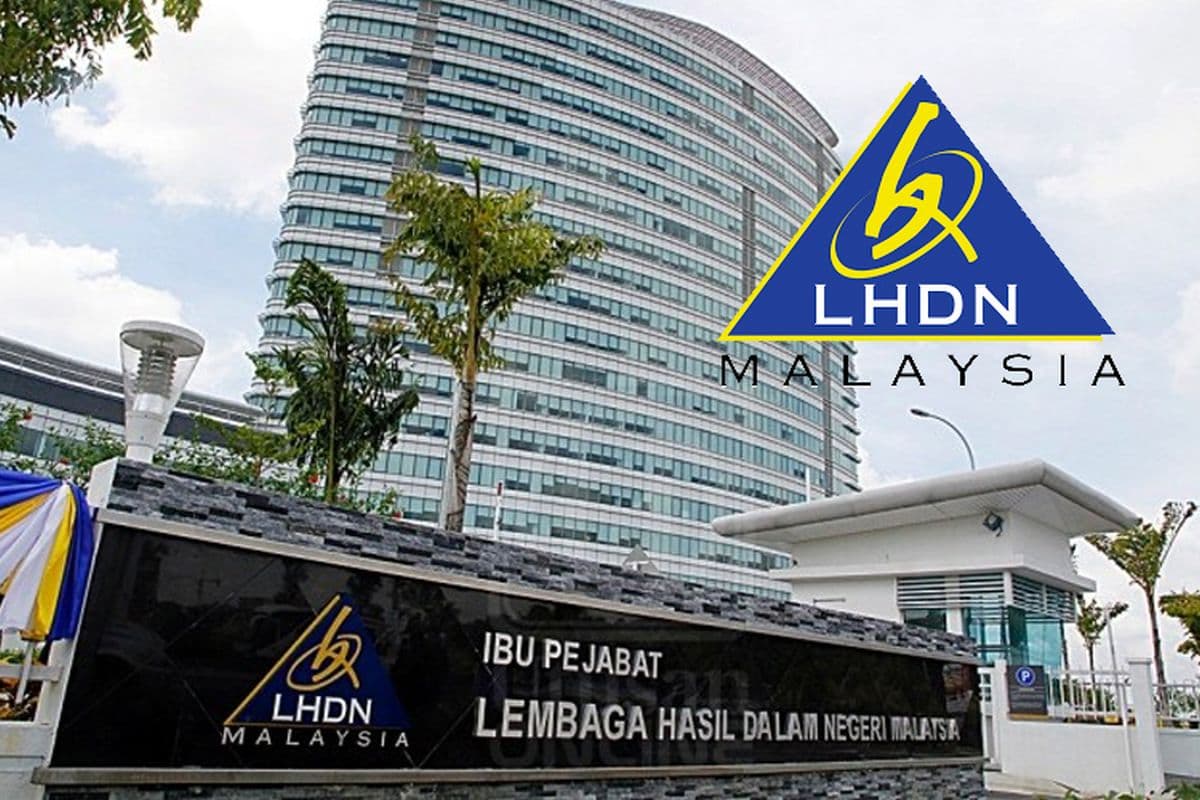
KUALA LUMPUR (Dec 16): Malaysians should not worry about the new power granted to the Inland Revenue Board (IRB) to access taxpayers’ bank accounts without warning, as it will only be exercised if a garnishee order application is made in court, said a tax expert.
A garnishee proceeding is a process of enforcing a money judgment by the seizure or attachment of debts due to the judgment debtor that forms part of his property available in execution.
“This would mean that a civil proceeding must have been instituted against a person and a judgment has been obtained against that person for the IRB to be able to obtain the bank account information of that person from the financial institutions," said Deloitte Malaysia tax audit and investigation executive director Mohd Fariz Mohd Faruk.
“The purpose of obtaining such bank account information is for the IRB to make the application to the court for a garnishee order (i.e. to recover tax due and payable by the person to the government),” he said in a statement.
The Dewan Rakyat on Wednesday (Dec 15) passed the Finance Bill 2021, which includes the introduction of Section 106A in the Income Tax Act 1967.
This section grants the power to the director-general of Inland Revenue (DGIR) to call for bank account information for the purpose of making a garnishee order application.
“The DGIR must have a notice under his hand to request for such information. The new Section 106A does not permit or extend the power to the DGIR/IRB to obtain such information for other purposes,” said Mohd Fariz.
He also pointed out that Section 106A prohibits the bank to disclose to any person that such request was made to the bank.
“The personal and bank account information of taxpayers is still protected by the respective banking secrecy laws, such as the Personal Data Protection Act 2010 (PDPA),” he added.
Mohd Fariz also said that the banks themselves would need to set up robust processes to address the request for bank account information by the IRB under Section 106A and protect the confidentiality of such a request.
“The new power granted to IRB can be seen as far-fetched but in reality, it may not be widely applicable or implemented to people on the street who have been complying with their income tax obligations,” he said.